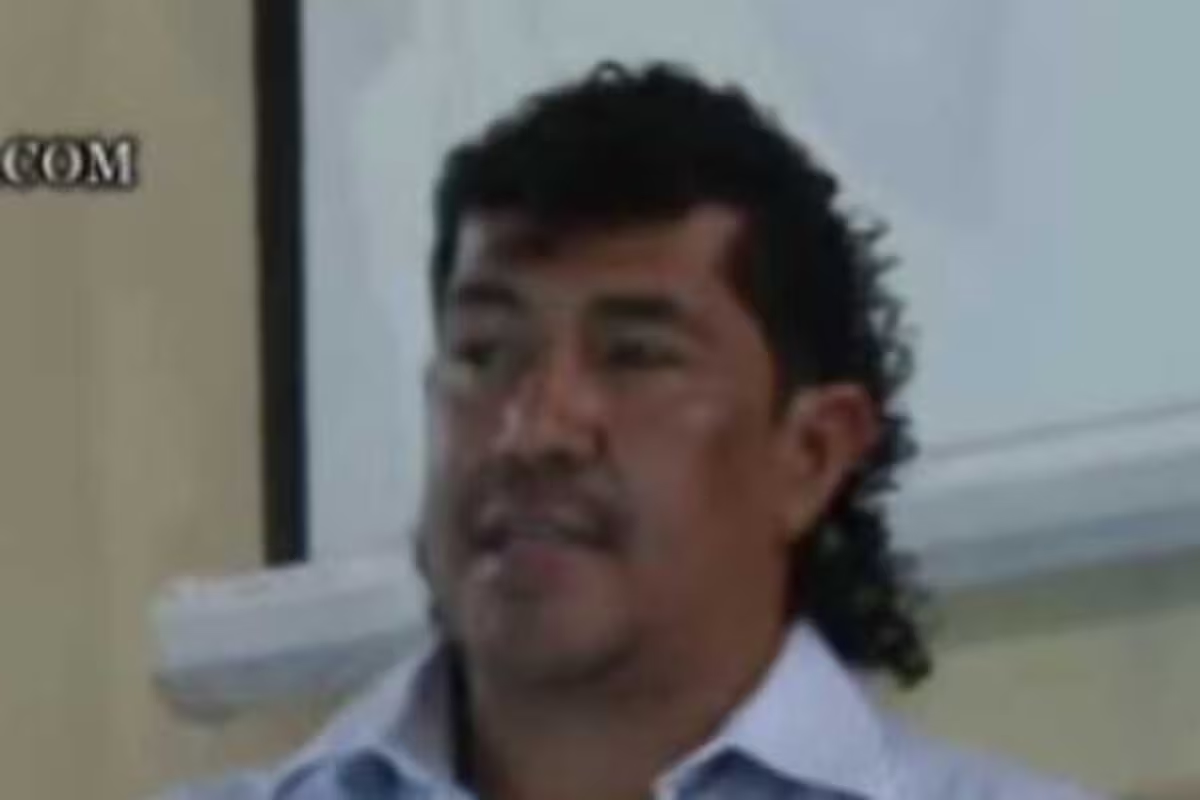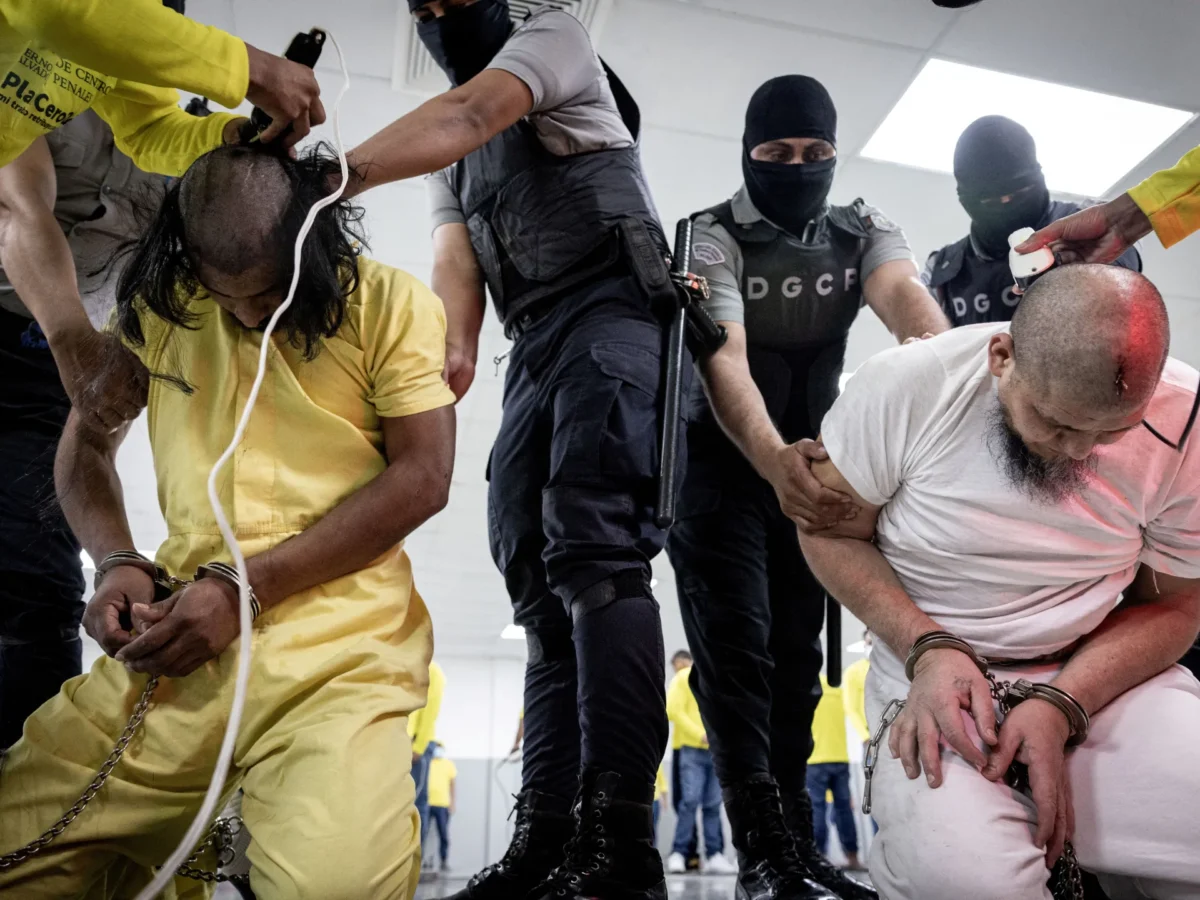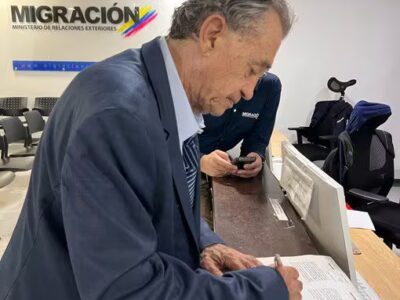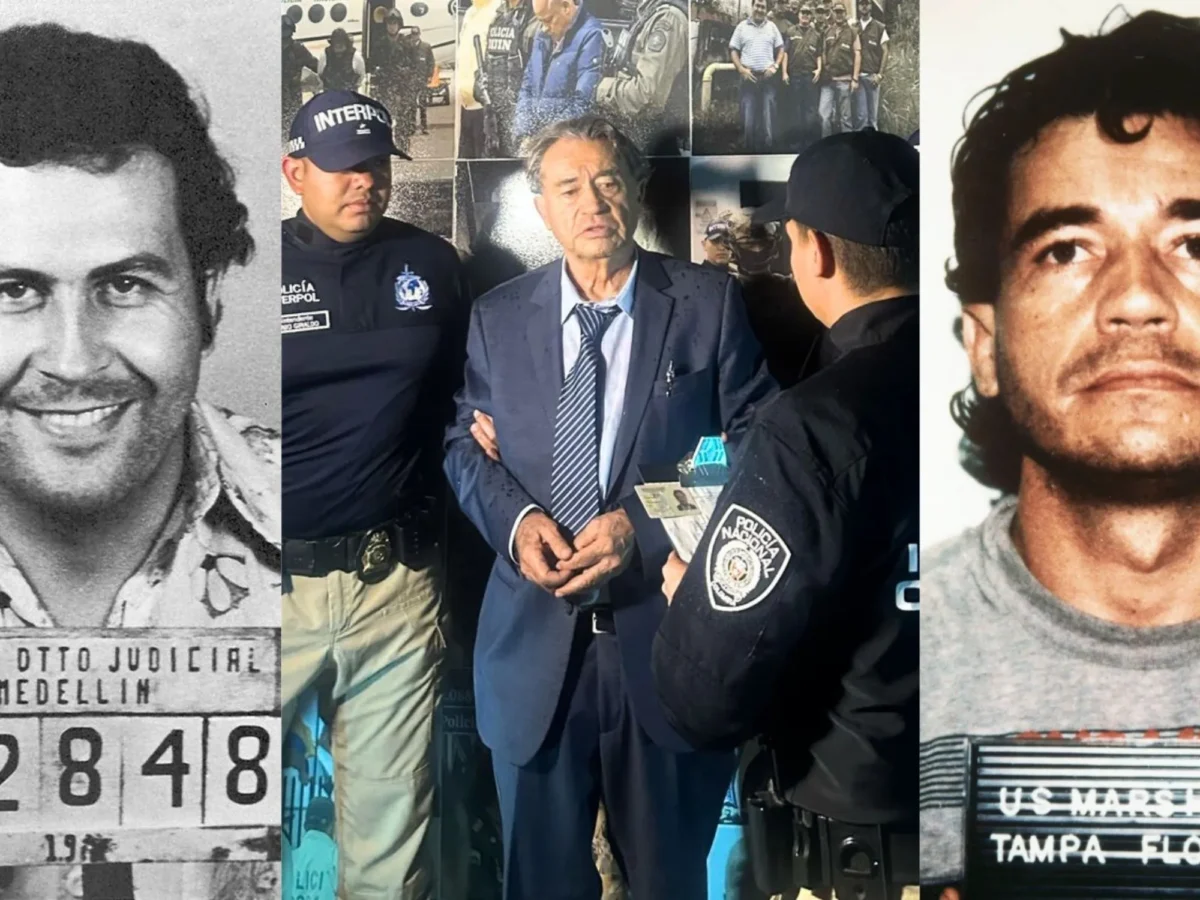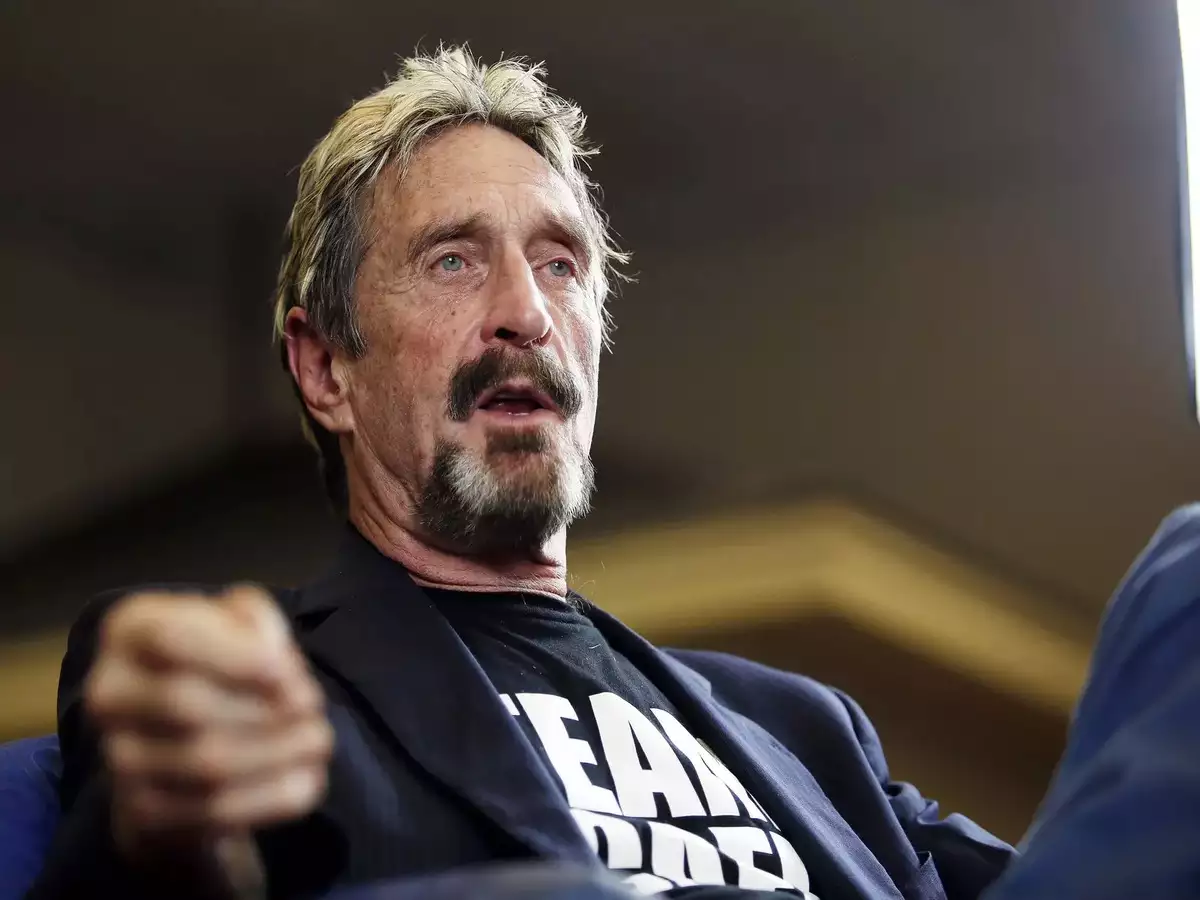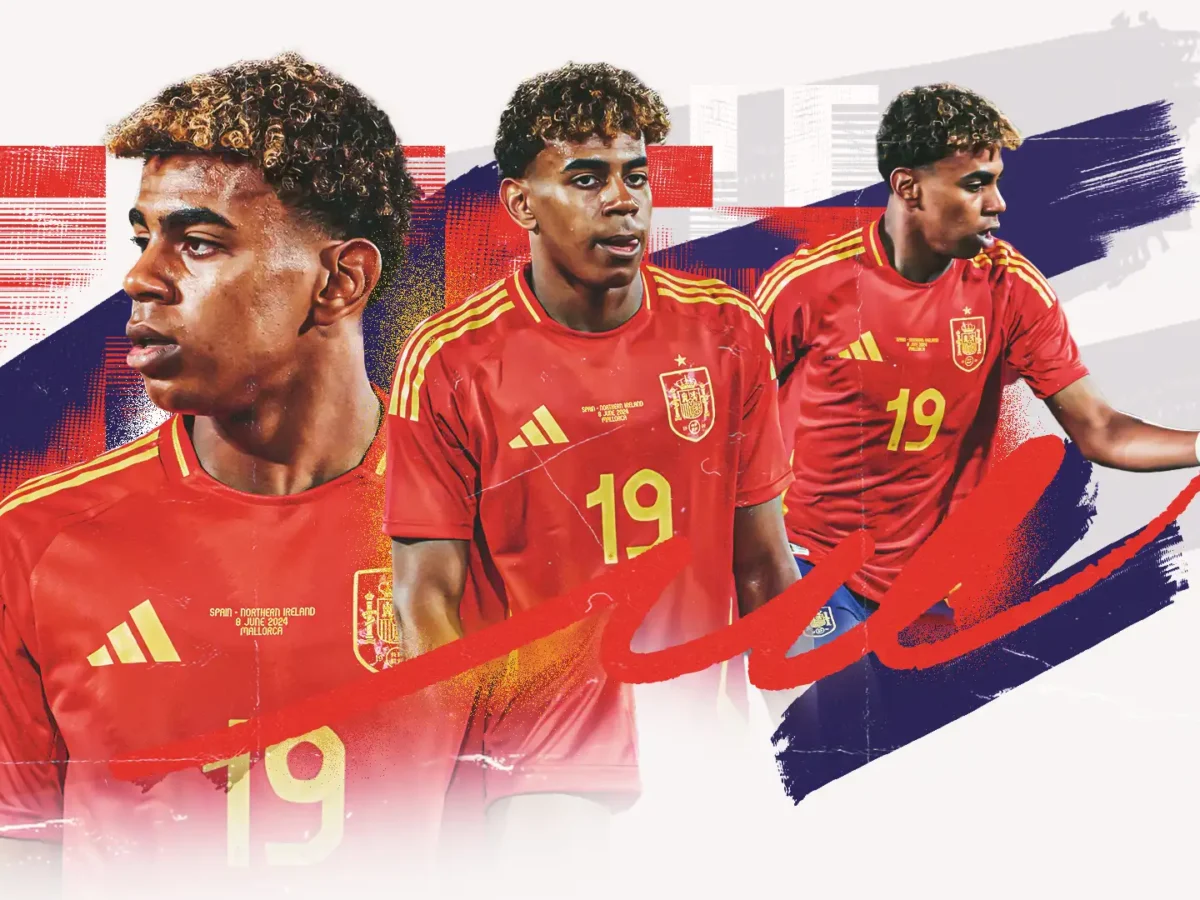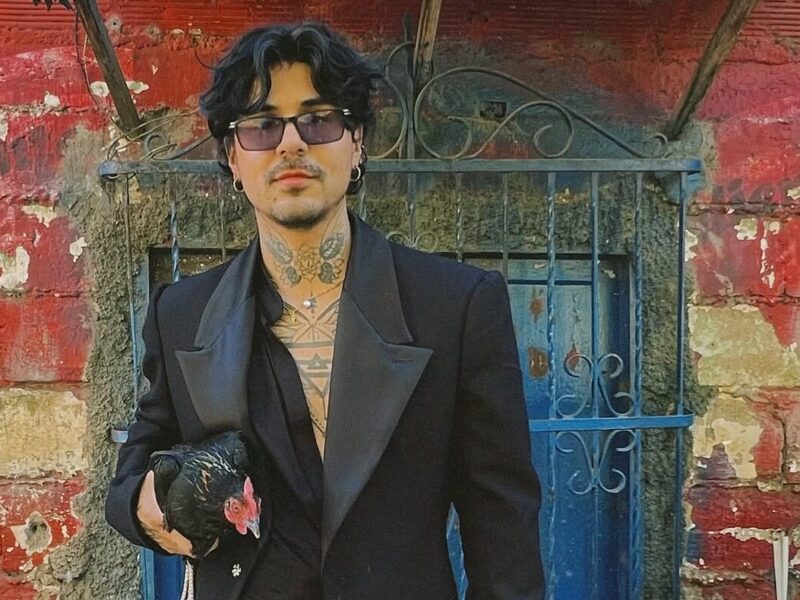The recent operation that led to the death of Oliverio Isaza Gómez, known as alias ‘Terror’, marks a significant milestone in the fight against the Gulf Clan, one of Colombia’s most powerful criminal organizations. This event not only highlights the effectiveness of the Colombian Police, but also underscores the importance of international cooperation in combating organized crime.
On February 22, 2025, in a rural area of Las Mercedes, Puerto Triunfo, Antioquia, a joint operation resulted in the death of alias ‘Terror’ and five of his closest associates. Intelligence support from the United States and the United Kingdom played a crucial role in tracking down this key figure in the Gulf Clan. Authorities have described this as one of the most significant blows to the criminal organization since the capture of Dairo Antonio Úsuga, alias ‘Otoniel’, in October 2021 (The City Paper Bogotá).
The Criminal Legacy of ‘Terror’
Alias ‘Terror’ was the son of Ramón Isaza Arango, one of the founders of the United Self-Defense Forces of Colombia (AUC). Following in his father’s footsteps, he became a leading figure in Colombia’s criminal underworld. Over three decades, he amassed a significant illegal fortune, including properties, vehicles, and livestock worth more than 50 billion pesos (Semana).
His criminal influence extended across Antioquia and Magdalena Medio, strategic areas for drug trafficking, extortion, and money laundering. He was one of Colombia’s most wanted criminals, orchestrating numerous illicit activities that financed the expansion of the Gulf Clan.
The Operation That Made the Difference
The mission that led to alias ‘Terror’s’ downfall was the result of meticulous planning and strong intelligence cooperation between national and international agencies. On February 22 at 1:00 PM, a special forces unit stormed one of his rural properties in Las Mercedes. Initially, authorities intended to capture him alive, but he and his armed men resisted, sparking a gunfight that ended in his death alongside five of his bodyguards.
The Director of the National Police, General Carlos Triana, hailed this operation as “the most important” action against the Gulf Clan since Otoniel’s capture. He emphasized that this strike significantly weakens the group’s operational capacity in Magdalena Medio, a critical region for its criminal enterprises.
Consequences and Reactions
The death of alias ‘Terror’ comes at a time when the Gulf Clan was looking to expand its control over Colombia’s drug trade, particularly in Magdalena Medio. His elimination disrupts the criminal structure and sends a clear message about the government’s determination to dismantle the organization.
President Gustavo Petro reflected on Isaza’s fate, stating, “The son of a paramilitary who made peace returned to arms and died in them.” His comment highlights the complexity of Colombia’s armed conflict and the challenge of reintegrating former combatants into society.
In response, the Gulf Clan issued a statement directed at President Petro, expressing their lack of trust in the government following Terror’s death. The group claimed that while they remain open to peace negotiations, this operation damaged their confidence in the talks.
This event raises questions about the future of peace negotiations and whether the Colombian government can maintain open dialogue with armed groups while simultaneously carrying out military offensives. The international cooperation seen in this operation highlights the strategic importance of alliances in the fight against drug trafficking and organized crime, which continue to pose serious threats to Colombia’s security.

Open your account on Disney+ and you will have access to movies like Spiderman, Lightyear, Cruella and Pinocchio. You can also watch Star Wars series like The Mandalorian, Andor and The Book of Boba Fett.

